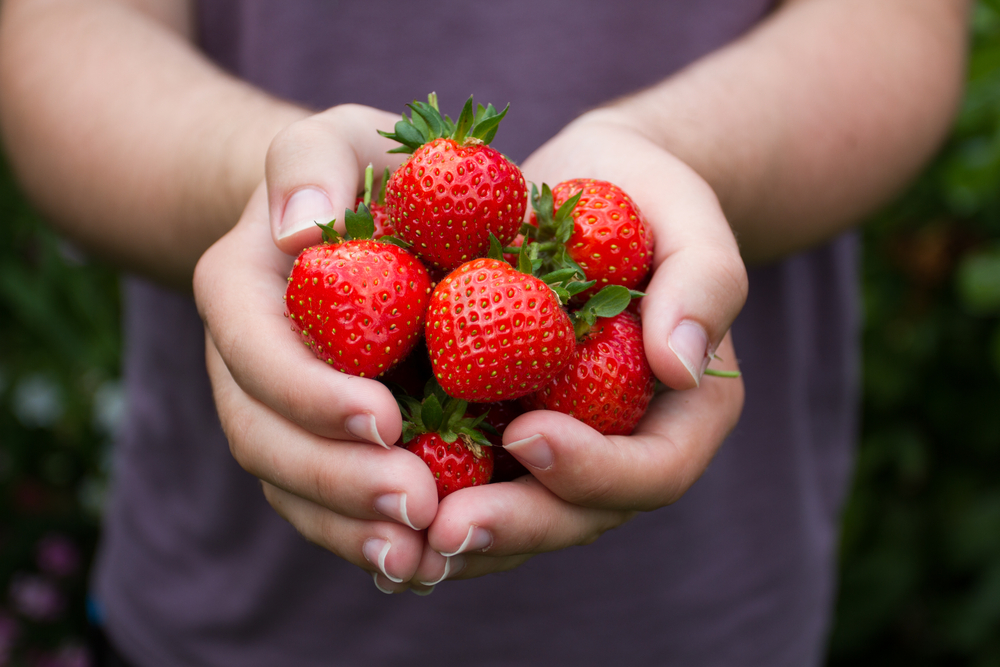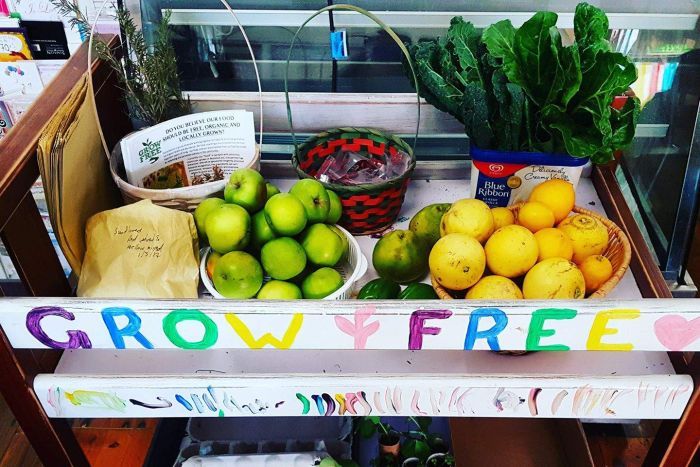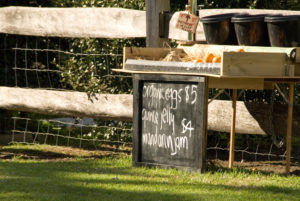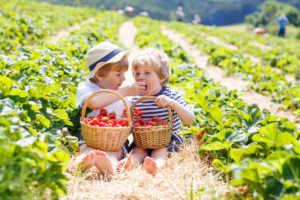

When I need to buy an article (we are not talking a new washing machine here) there are a number of things I do prior to forking out cash to buy it from a shop or off the internet. If, for example, I’m looking to buy honey I want to know that it is real honey and not the one that’s watered down with sugar syrup and colourings. I prefer to buy honey that is local, so I would look at where it is possible to get it in my local area. It may well be that I’m able to barter something I have such as eggs. Homemade sauce or jam, vegetables or plants for a jar of honey. If I’m unable to barter for the honey I need I will investigate if there are farm gate shops selling their honey or it may be possible to find a local shop that sells on behalf of a beekeeper.
Barter is an age-old system that has become less mainstream in our money-driven economy. Some people feel embarrassed to even make an enquiry about the possibility of bartering, but such enquiries may be met with happiness and if not, nothing has been lost and cash can always be produced. Bartering is a fabulous form of local trade and it is possible to barter for many things. If you have a skill that you can put to use for someone or are able to provide goods or a service, it is quite possible that you can barter. I have bartered childcare for freshly baked bread, eggs for dance lessons, sauce and vegetables for honey. My husband shears Alpacas and he has bartered shearing for a new ram, local olive oil and lambs which we have then raised and consumed at a later date.

Swapping like for like is another local form of economy. The Grow Free Movement has made swapping popular again and has carts at various sites where you can put excess plants, vegetables, seeds and cuttings and take what is on the cart in return. No one mans the carts or monitors what is given or taken, it is all done on an honesty system. You can find a local Grow Free cart via social media. There are local food swaps that occur at different venues as well and these are a great source of vegetables and plants. A local swap that I have attended even has poultry involved and I have said goodbye to a couple of roosters via this method. Belonging to a local group on social media can give you access to a plentiful supply of items that people no longer need or have an excess of.
As a child, I can remember my mother receiving calls from various friends telling her their fruit was ready. The tribe would then be loaded into the car with buckets and put to work picking fruit -plums, apricots, cherries, peaches and nectarines, which would then be bottled or made into jam with some of the jam being given to the owners of the fruit trees. The owners were happy that the fruit was picked and not left to rot on the ground and they also scored fresh home-made jam. There was an old cupboard in the corner of my fathers’ workshop that housed the bottled fruit and jam. These were eaten throughout the year with whoever was sent to get a bottle of fruit being able to pick their favourite. Apricots were my favourite and also the first to be finished. By the end of winter, there were often only bottles of plums left, obviously no one’s favourite.
If I am not able to barter for or swap an item that I require, my next choice is to buy as local as possible particularly for food items so that I know they are fresh and have low food miles.

In many rural areas, there are farm gate stalls that have excess produce on them for sale, often via an honesty system. This is a great way of getting fresh local produce and supporting farmers and fruit growers. In a past life, I would drive to Griffith once per month and I would always drive past the farm gate stalls to pick up some great produce which could include watermelons, pumpkins and oranges depending on the time of year. I know that in the Huon Valley area of Tasmania there are some wonderful farm shops that sell amazing fruit at great prices. Three or four bite cherries are my particular favourite if I’m there at the correct season. What can be better than eating fresh produce that has usually been picked that day. If I’m going to buy fruit, this would be my first choice if available.

I cannot grow berries! I don’t know why but I kill them each and every time I plant them. I figure that I can’t be self-sufficient anyway as I don’t know how to make shoes, so I let someone else grow the berries for me. Every year we go on a drive to Stanley and pick kilos of berries and their cherries too if they are available. It has become a tradition that a friend and I go each year, the time varies depending on the season we are having but the trip is always made. After getting the berries home they are either frozen immediately for use throughout the year or are made into ice cream, jam and sauces. Berry season should be with us in about 6 weeks and I am looking forward to it as my berry store is finished for the year. I do not buy berries from the supermarket as they tend to come from other areas and I refuse to buy frozen berries, particularly after recent scares around contamination issues. My annual visit puts dollars in a local farmer’s pocket, and I know where the product is grown and how many food miles are involved.
I do buy mangoes, avocadoes and pineapples from shops as my alternative is not to have them or to move further north.
For non-food items, I also try to buy from local producers if at all possible. A shop recently opened in Wodonga (That Little Place) and their point of difference is that they stock products from local producers and artisans. There are often small art galleries that have the works of local artists (not limited to paintings) where you can find unique pieces across many price ranges.
Another amazing recent social media initiative is the Facebook page One Day Closer to Rain (Drought) – Rural Cottage Crafts. This group is national and showcases the works of rural people across Australia. There are a huge array of beautiful items available and your money is supporting rural small businesses.
Before pulling out your wallet or purse and buying from large chain stores and supermarkets, please think about your shopping practices and investigate what there is in your area and the local businesses you could be supporting. Don’t be embarrassed to barter or visit local swaps or Grow Free carts, you may be missing a fabulous opportunity.